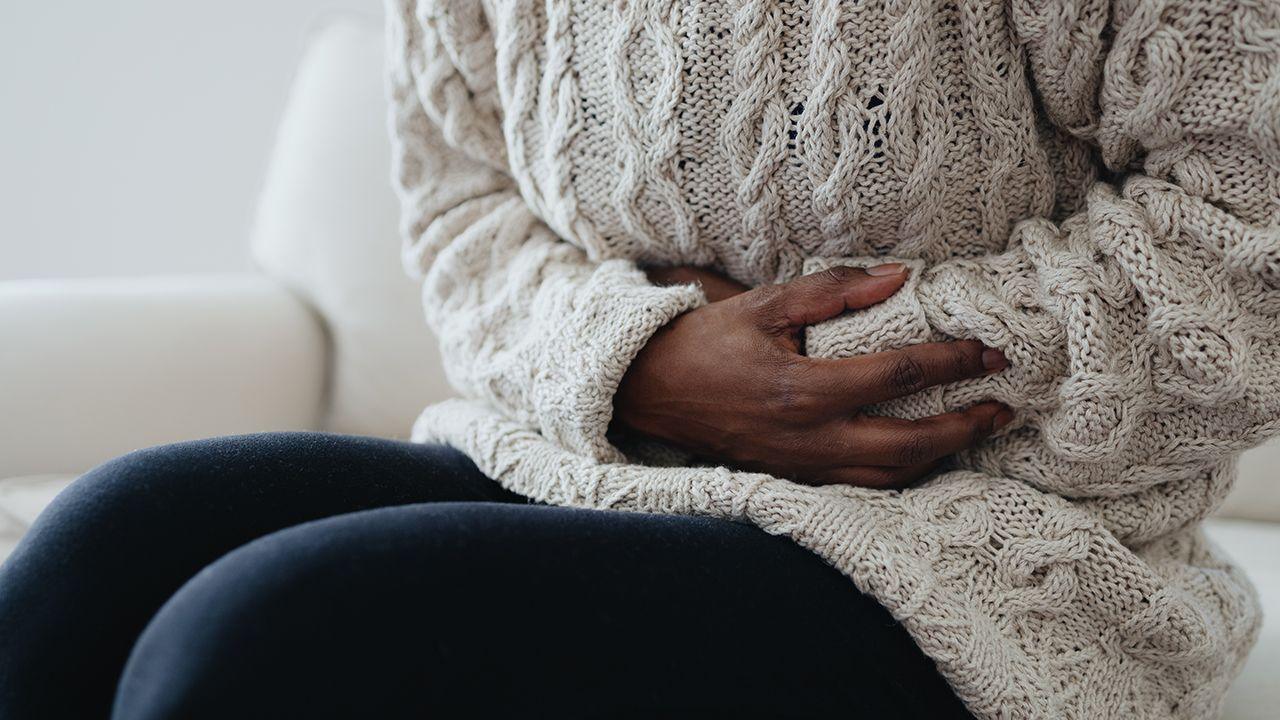'Nobody tells you to check your neck for cancer'
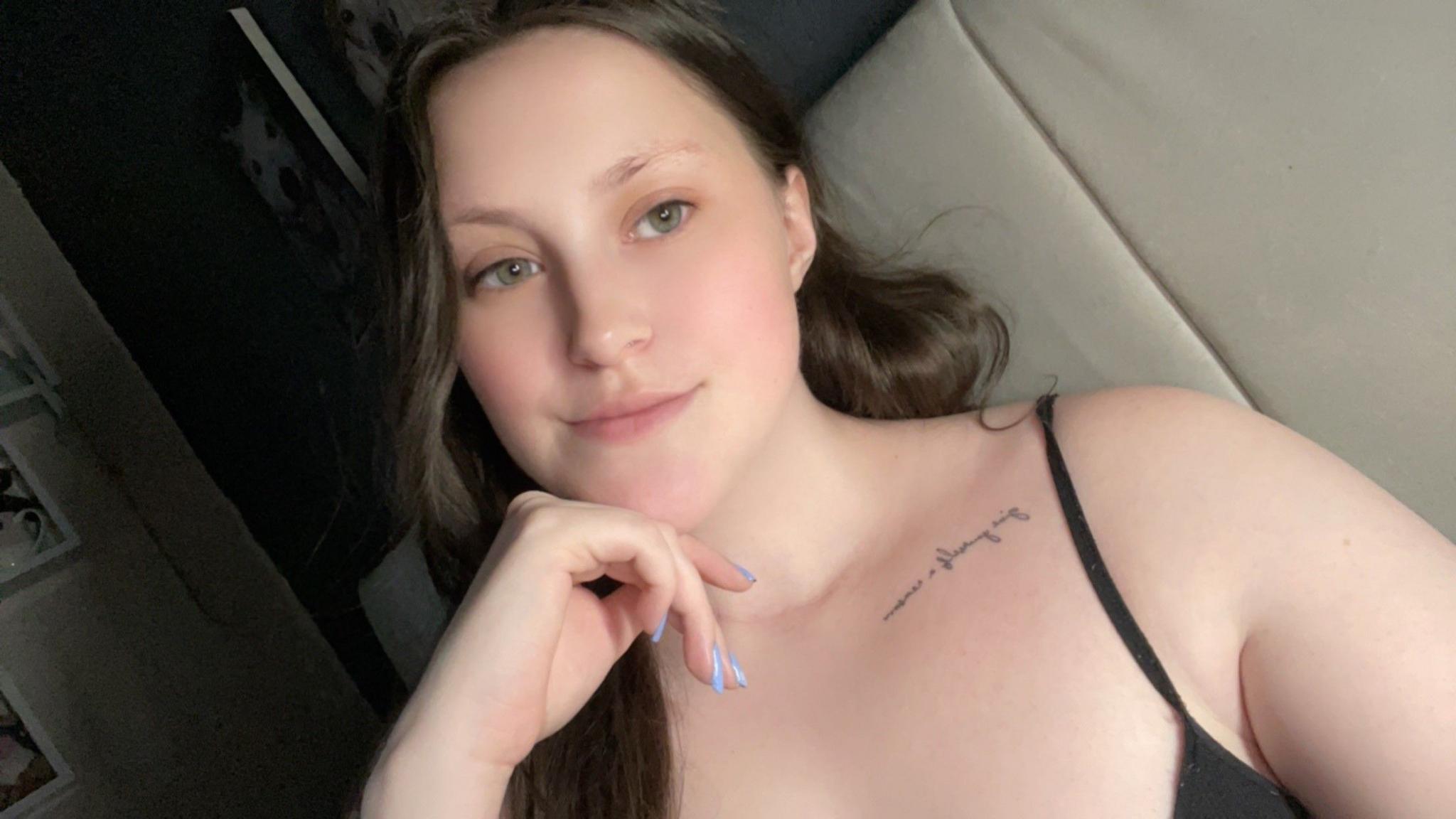
Becky Bowes was diagnosed with stage three papillary thyroid cancer
- Published
A woman who was diagnosed with cancer aged 20 says she had "no idea" anything was wrong until she visited her doctor about a rash on her arm.
Becky Bowes, now 25, said the GP "kept staring" at her neck before pointing out a lump she had not noticed.
"Looking back at old photos, I can see I'd had it for a couple of years, I don't know how I didn't see it," she said.
Ms Bowes, from Swindon in Wiltshire, was diagnosed with stage three papillary thyroid cancer. She said: "I always think to myself that people are told to check their breasts, and their testicles, but nobody tells you to check your neck, and maybe they should."
"If I had known what to look for, and it had been found earlier, perhaps it wouldn't have spread, and I wouldn't have had to have so much treatment," she added.
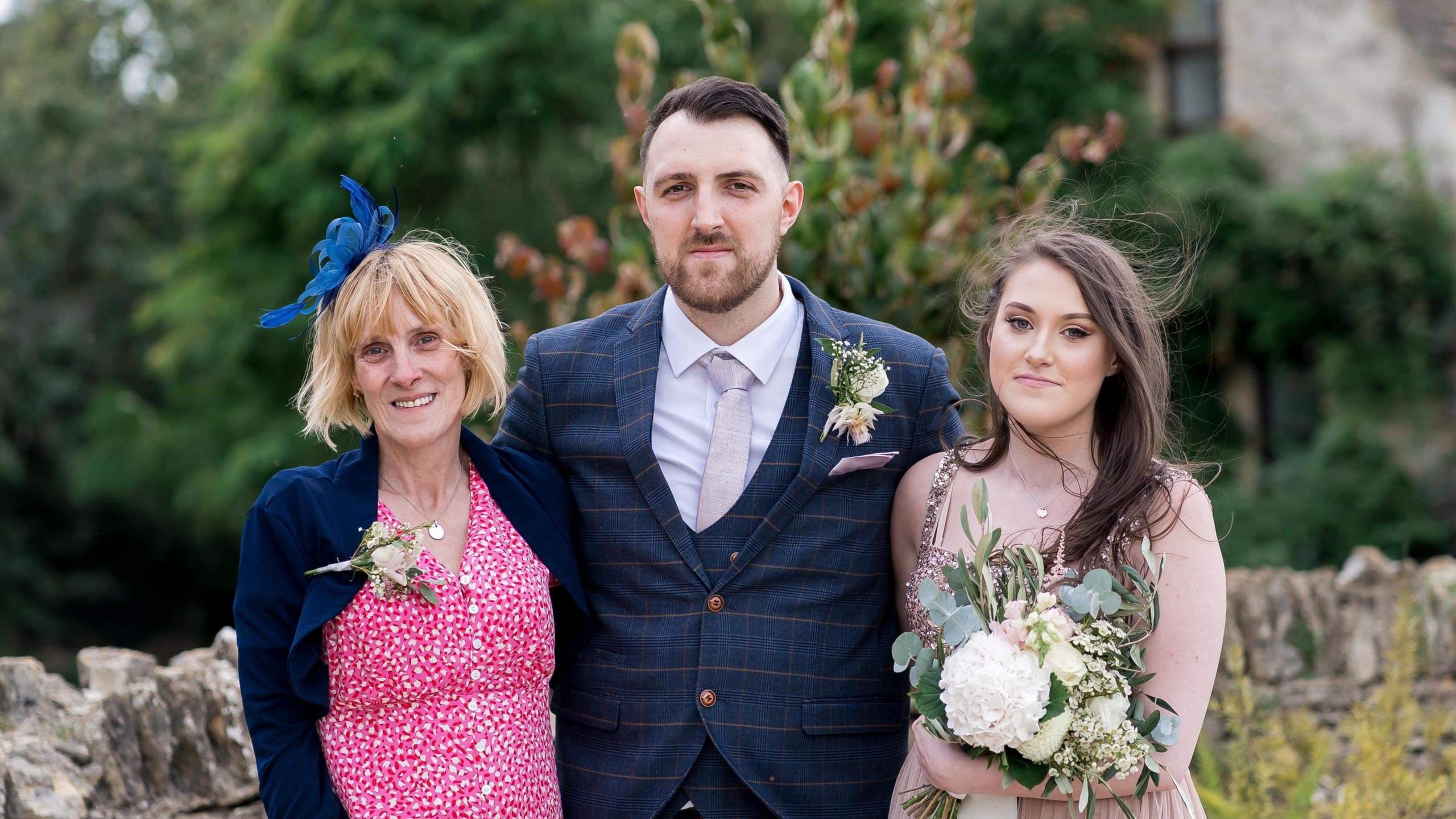
Ms Bowes, with her brother and mother, was diagnosed during the pandemic, meaning family visits were limited
After her GP appointment, Ms Bowes was given an urgent suspected cancer referral.
She was diagnosed following an ultrasound and biopsy at Swindon's Great Western Hospital.
"I was so shocked and found out that the cancer I had was rare, particularly among young people," Ms Bowes said.
She had surgery on 6 May 2020, soon after the Covid lockdown started, meaning her mother could not walk her into the hospital. Ms Bowes said this made her feel panicked.
Doctors removed her thyroid and 22 lymph nodes, with 13 testing positive for cancer.
"I was discharged back home within 24 hours to reduce the risk of me contracting Covid," she said.
There was little opportunity for face-to-face follow ups, or visits from her family, due to the pandemic.
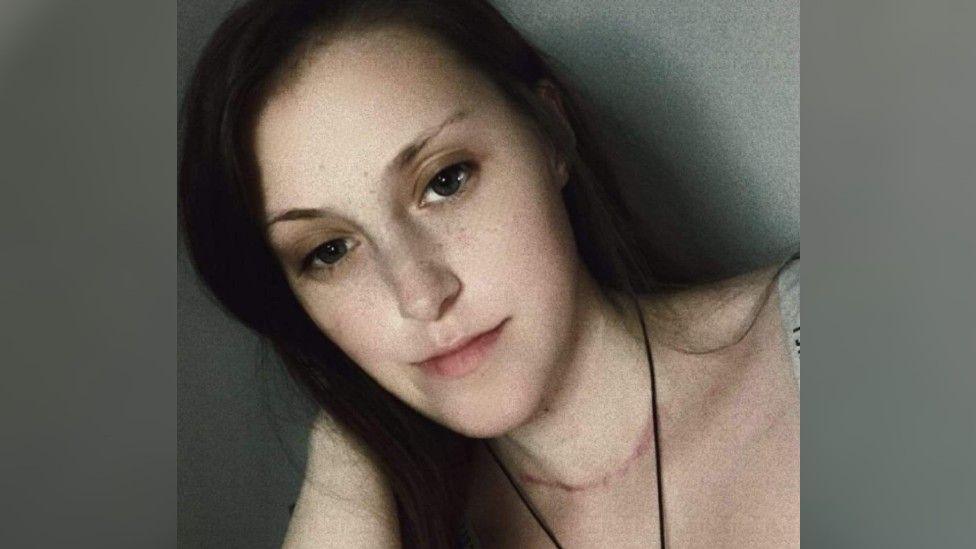
Ms Bowes says her confidence has been affected by people staring at her scar after surgery
However, the wound became infected, and she had to manage and drain it herself, "which was traumatic to say the least", she said.
Ms Bowes had her first radioiodine treatment – a type of radiotherapy – on 10 August that year.
But scan results later showed the cancer had spread to her lungs – leaving her "devastated and in total shock".
On 22 February, a month after her 21st birthday, Ms Bowes was treated with a "much higher dose" of radioiodine and recovered in a lead-lined room for three days with nurses able to visit for 10 minutes at a time.
Her treatment has now finished but Ms Bowes suffers ongoing pain.
She has been diagnosed with chronic fatigue syndrome, which doctors said may have been triggered by her post-operation infection.
Ms Bowes also experienced weight gain after her thyroid removal and said that, although the scar on her neck faded, "when it was fresh, so many people stared, it affected my confidence".
According to the Teenage Cancer Trust, the five most common signs of cancer in young people are:
Lumps and swellings
Unexplained tiredness
Persistent pain
Mole changes
Unexplained weight change
A spokesperson for the trust said thyroid cancer was very rare in children and young people.
'Long way from OK'
Ms Bowes said she now feels "stuck in limbo" while she recovers.
"When you are ill with cancer, everyone rallies around but after cancer it feels like people do not understand you are a long way from OK and still need help and support," Ms Bowes said.
She said it was "tough watching friends do things I'd like to do, like getting married and have kids".
"I'm not a normal 25 year old – I feel I'm just stuck. If I push myself too far then I'm just in bed recovering. Life's just not the same," she said.
"But I'm still here and I'm still alive," she said, adding: "Check your neck!"
Ms Bowes was inspired to speak out for the Teenage Cancer Trust after watching online content from other young people.
She hopes that in sharing her story, she can raise awareness. "Who knows, it could even save a life," she said.
Get in touch
Tell us which stories we should cover in Wiltshire
Follow BBC Wiltshire on Facebook, external, X, external and Instagram, external. Send your story ideas to us on email or via WhatsApp on 0800 313 4630.
Related topics
- Published22 April
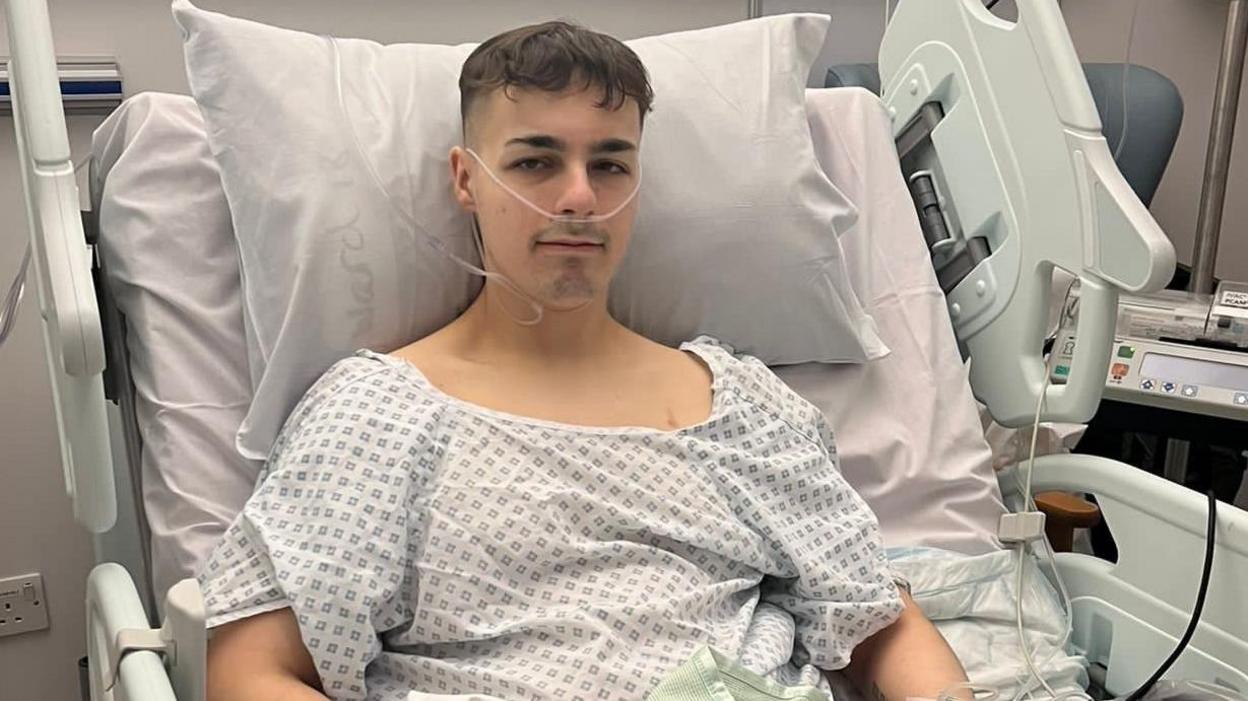
- Published25 April
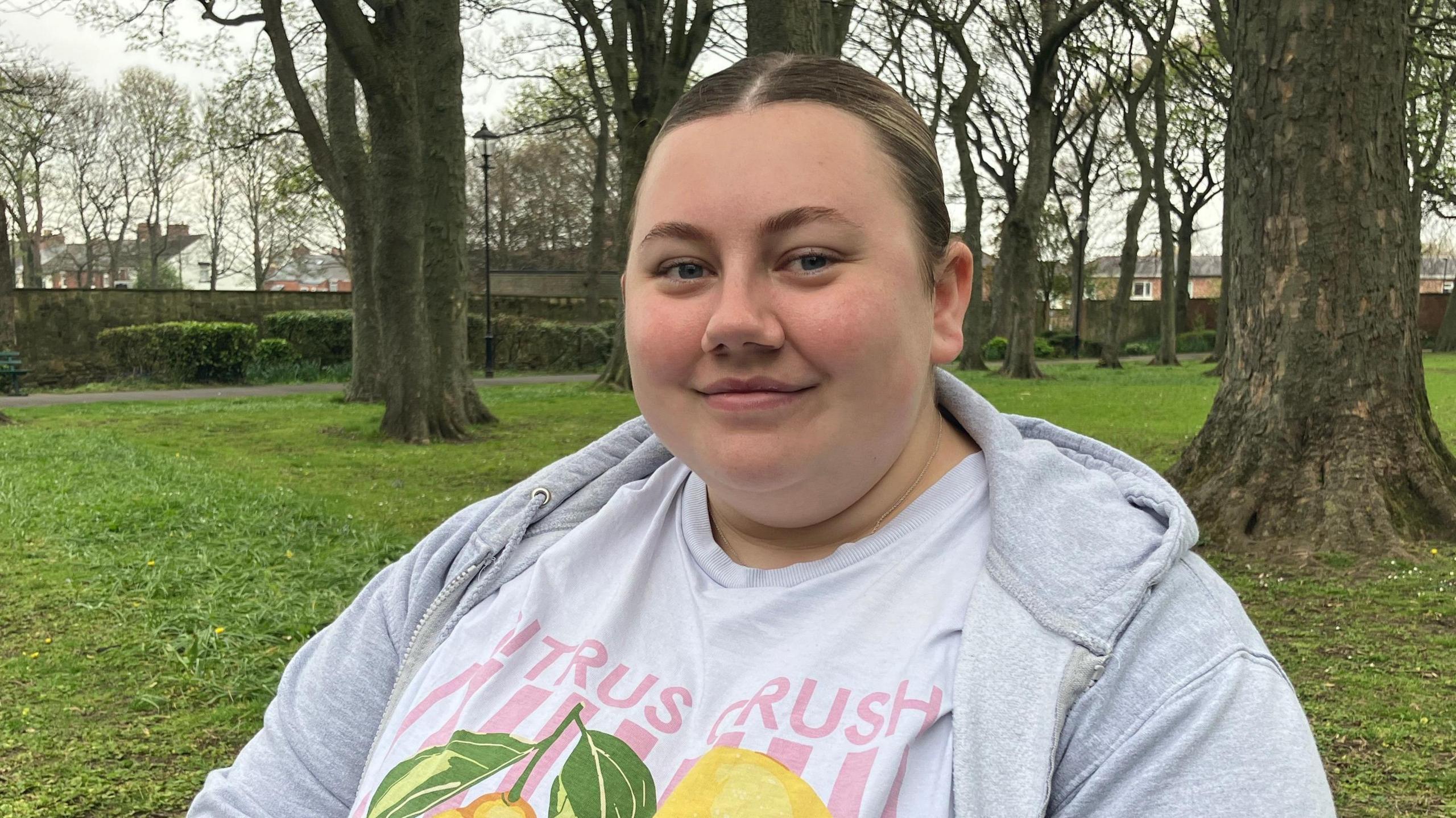
- Published12 December 2024
